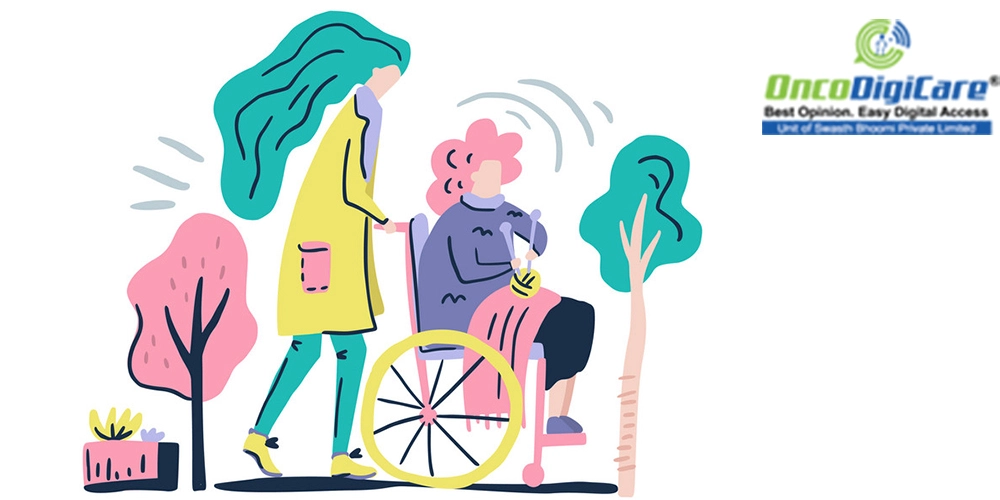
Cancer treatment is evolving with advancements in medical technologies and breakthroughs and discoveries are changing from the way cancer was dealt with earlier. Cancer treatment may involve palliative care, traditional care, and hospice.
Palliative care is a specialized medical caregiving approach in optimizing the quality of life and relieving the pain, symptoms, and stress caused by serious illnesses. It mainly focuses on the betterment of the patient. Whereas, traditional care involves surgery, chemotherapy, radiation, etc. Traditional care strives to cure the disease through various treatments.
Goals of palliative care
The goal of palliative care is to look beyond the disease. It aids in providing relief from the symptoms and stress of the illness. It supports the patient and their families to deal with the crisis associated with a life-threatening illness and the challenges of severe health issues. Palliative care even provides holistic support to the individual.
Palliative care in cancer
It is an approach to consider the wellness of the person as a whole and not only the disease. It deals with those people having serious illnesses. Palliative care is designed to help the patient relieve their cancer symptoms, pain, and maintaining their quality of life. It can be given at any stage if the patient faces troubling symptoms.
Traditional care in cancer
The most common traditional care involves surgery, chemotherapy, and radiation. Apart from this are immunotherapy, hormonal therapy, laser therapy, photodynamic therapy, cryotherapy, etc.
Benefits of palliative care
- Palliative care focuses on improving the psychological, physical, social, or spiritual aspects of the patient.
- Helps the patient live actively as much as possible.
- Prevents and relieves pain and discomfort.
- Manages the side-effect of medicines
- Provides emotional support to individuals and their families.
The patient experiences a better mood, fewer symptoms, and overall feels better after receiving palliative care. It has been found that those persons who receive palliative care at an early stage show better outcomes as compared to those receiving latterly.
Palliative care helps the patient to deal with emotional, physical, and practical problems. Palliative psychiatry is given to the patient by mental health providers to manage depression, persistent severe mental illnesses.
Areas of palliative care
Palliative treatment may even include:
- Emotional and spiritual support
- Relaxation techniques
- Medication
- Support to the patient and their family
- Nutritional changes
At times when the patient is not free enough to talk to their family or caregivers then they may need a support group and a social worker can help them to improve their situations.
Note :
Palliative care improves the quality of life and reduces the complexities. Palliative care deals with the psychological aspects through counseling, meditation, exercise, and may even provide medication for anxiety, sleep disorders, and depression. Some activities like creative art, yoga, joining cancer survivors groups may bring a meaningful aspect to their life. Palliative care is given along with treatment or after treatment to improve the condition of the patient.




